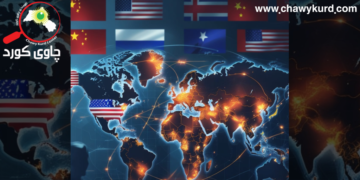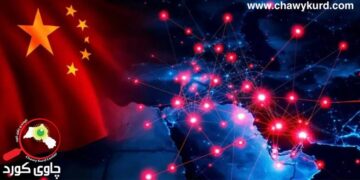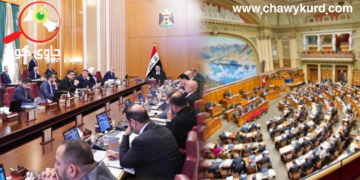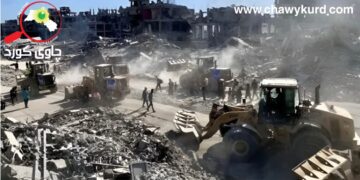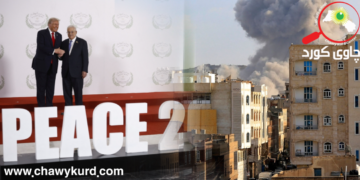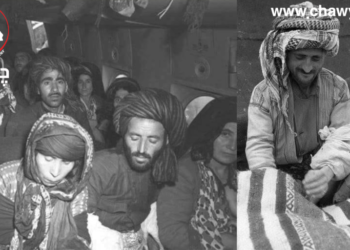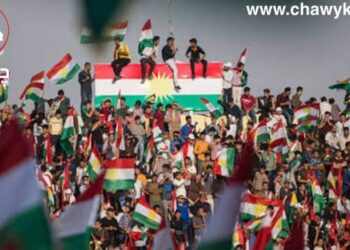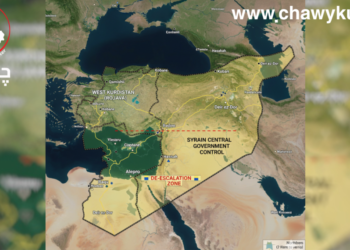March 14 is the birthday of a figure that played a great and influential role in Kurdistan’s history during his life and struggle; in the same time after his death it was continued. Although the outcome of his revolution was not what he and many others predicted but eventually led the September Revolution played a historic role in uniting the Kurdish home and proving the will, political strength and political desire of the Kurds. In the current situation in Kurdistan, due to dozens of new problems and factors, the equations of the concepts that were used during September Revolution have changed. We can say that these criteria and concepts are not easily read in the current situation and equation and cannot be applied to the branches of the current situation without anxiety! There are many reasons for this. In addition to the external factors that we always mention, internal factors play a role in this negative change or reform. Internal unity, the lack of national discourse and several party discourses and true national view and reading history from that perspective is fixed.
Of course, we can write a number of reasons and negative points for these changes, but there is no doubt that Mullah Mustafa was a historical leader and history-maker, this does not diminish the importance of his role and his will and worldview. Alongside these internal problems and conflicts, their definition and interpretation of Mullah Mustafa and his revolution is interesting and may contain different lessons for us, provided we look at it away from party dualism or any political and structural dualism, In order to see both the bright sides of this great political and spiritual personality and read the weak points, first of all we must know that “Mullah Mustafa Barzani” was a human being and had mistaken and truths together. The history of his appearance and disappearance must be evaluated from this perspective, otherwise nervousness, closure of the dialogue and further dissolution of the Kurdish home is the only outcome that awaits all of us. Here I will take a look at the history of this figure and the reading and reaction of non-Kurdish people to Barzani, the September Revolution and the Kurds.
Barzani’s appearance
Mullah Mustafa Barzani, the legendary leader of Kurdistan, move in politics in the second decade of the 20th century and soon his fame crossed Kurdistan’s borders and appeared in the political sky of the Middle East and the world. He was one of the most famous leaders of Kurdistan whose career included the most proud periods in the history of the Kurdistan national movement.
The life of this national hero, from the very beginning of his childhood, was full of many ups and downs like the life of his nation; At the age of three, he was imprisoned in Mosul with his mother; At the age of 18, he was asked to travel to Turkey to meet with Kurdish political leaders Sheikh Saeed Piran and Sheikh Abdul Qadir Nahri. At the age of 19, he joined the army in support of Sheikh Mahmoud Hafid; the Prime Minister of the Kurdistan Government; He moved his forces towards Sulaymaniyah. A year later, Barzani was a twenty-year-old commander who went to the aid of the Turkish Armenians to rescue Andrik Pasha from Turkish forces. After seven years in exile in Baghdad and Sulaymaniyah, in 1945 he was a 41-year-old and restrained leader who moved from Barzan to Mahabad with thousands of Peshmergas and, along with Qazi Mohammed, the Kurdistan President led the Kurdistan Armed Forces with the rank of general.
In 1966, Barzani wrote in his first enlightening letter to Otant; The Secretary-General of the United Nations clearly expresses his belief in the Kurdistan liberation struggle and the liberation of the Kurdish people from their historical suffering. “For more than four years, our country, Iraqi Kurdistan, has been facing a dangerous ethnic war; a war longer than World War I and a few months less than World War II. A war with destructive and lethal weapons, whose miserable consequences only those who have experienced such a war themselves will see. The problems faced by the Kurdish people are more painful than those of the dark era of colonialism. The racist policies pursued by the Iraqi authorities are certainly no less than the futile policies of the occupying governments of Rhodesia and South Africa.”










